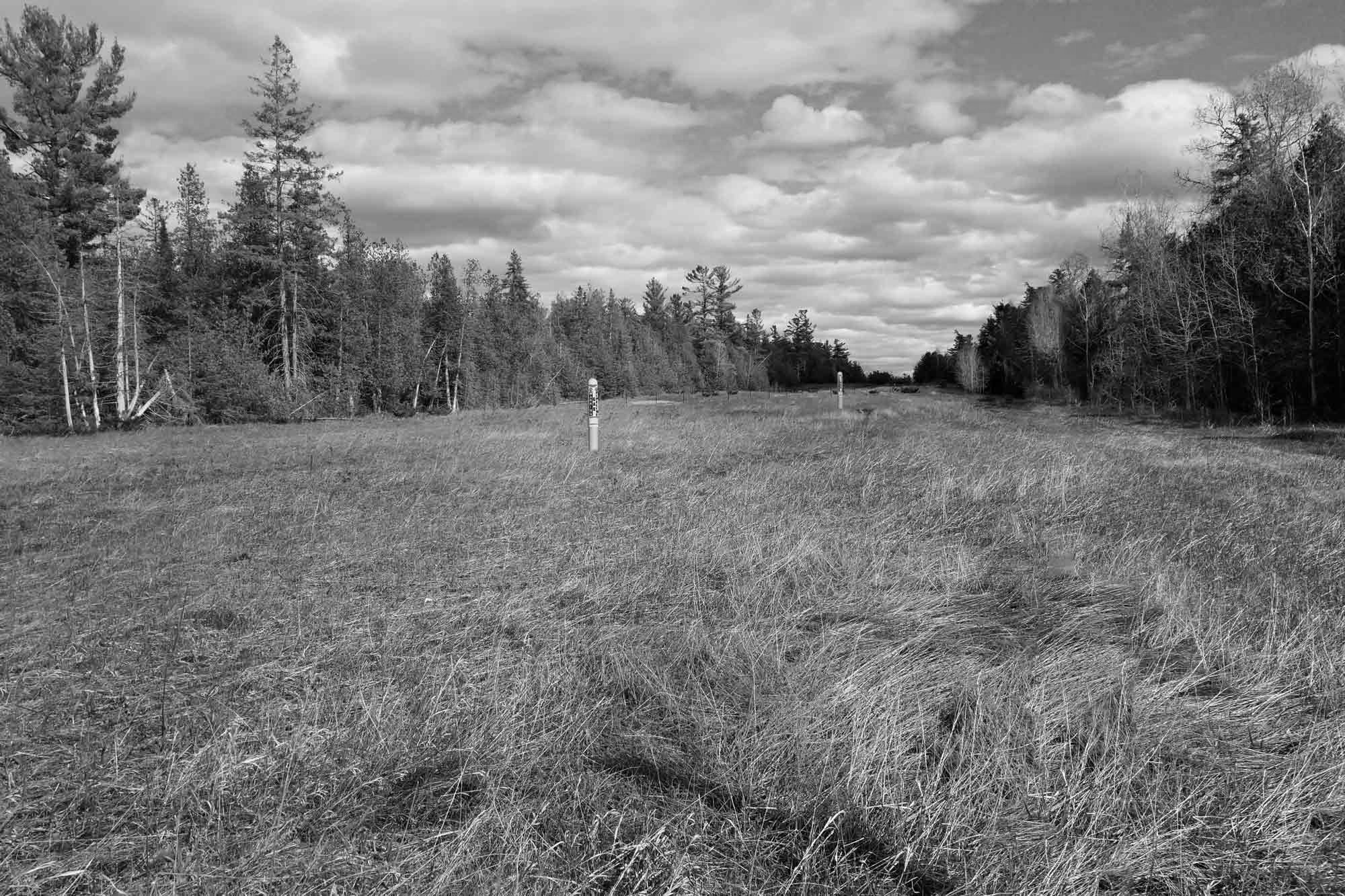Safety Information
Product Characteristics
Product:
ERG 128: Crude Oil & Refined Products: Gasoline, Heating Oil, etc.
Texas: Diesel
New Mexico: Jet Fuel
Leak Type:
Liquid/Vapor
Vapors:
Heavier than air
Health Hazards:
Extremely high concentrations may cause irritation or asphyxiation when displacement of oxygen occurs in enclosed spaces
Fire Hazards:
Extremely flammable and easily ignited by heat, sparks, or flames
How To Recognize a Pipeline Leak
Visual signs:
- Discolored or dead vegetation
- A pool of liquid on the ground or bubbling in a wet, flooded area
- Flames coming from the ground
- Dirt blowing in the air
- A rainbow or sheen on the water
- A cloud of vapor, fog or mist
Sound:
An unusual noise like a hissing or roaring sound
Smell:
Strange and unusual gaseous or chemical odors similar to petroleum liquids or gasoline. Odorant is not added to these products because they have a natural odor
How does Bluefish Pipeline, LLC respond to an Emergency?
In the unlikely event of an emergency, Bluefish Pipeline, LLC will immediately dispatch trained personnel upon notification of an emergency. Effective communication and coordination between Emergency Responders and the Bluefish Pipeline, LLC is important for successful management of pipeline incidents. Bluefish Pipeline, LLC will take operational steps to minimize the impact of the emergency.
How you should respond to and report a pipeline emergency
The following guidelines are designed to ensure your safety and the safety of those in the area if a pipeline leak is suspected or detected.
- DO NOT operate any pipeline valves or equipment
- Secure the area around the leak
- Evacuate the public
- Contact Bluefish Pipeline, LLC as soon as possible at 888-312-8851.
- Establish a command center
- Control ignition sources. If the pipeline leak is not burning, take steps to prevent causing any open flame or other potential source of ignition, such as an electrical switch, vehicle ignition, lighting of a match, etc.
- DO NOT use a cell phone or two-way radio near the suspected emergency area
- DO NOT attempt to put out natural gas or liquid fires. If burning, control the secondary fires
- DO NOT operate any pipeline valves or equipment
